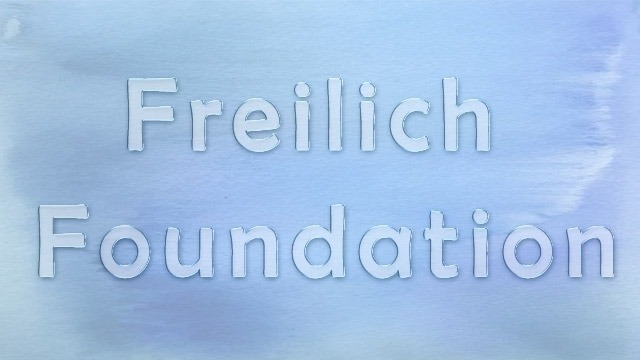"I thought all doctors could tell"

The first time I was given any understanding of homosexuality was on the ship going to England in 1952. In those days ships were crowded with young people going on the great adventure to Britain and Europe. Some, like me, to pursue post-graduate studies and degrees. Shipboard life was an adventure in itself, duty-free beer and wine, relative sexual freedom, exotic sightseeing, Colombo, Aden, Suez, Naples.
I was sitting at a table on the boat-deck one morning when one of the fellows came over and asked if he could join me. I said, sure. He was one of the young crowd but kept a bit to himself.
He said; I believe you're a doctor.
I said; yes.
He said; well then you know what I am.
I said; what?
Being a doctor, you know what I am.
No, what are you?
I'm a homosexual, I thought all doctors could tell.
Not as far as I know.
You're not, by any chance?
Sorry. No.
He told me his story. He was about 22 or 23. His family was Melbourne establishment, his father a director of a well-known shipping line. His grandfather or great grandfather had been one of the founders of the line. His homosexuality was known to his family and he was being sent to England as a reverse remittance man, with a subsidy to stay away from Australia for fear of family embarrassment or disgrace. He was very unhappy. He said he had sexual urges normal for his age but they were directed exclusively towards males and he had to keep them to himself; the thought of sexual contact with females was repugnant to him. He didn't know what to do.
I said, well surely the stewards on the ship (who were overt ''queens" although I hope I didn't use the term.)
He got annoyed and asked if I would be interested in relations with an obvious frowsy tart? And if not why would I think he would interested in one of them?
I asked him when he became aware of his sexual difference. He thought a little before puberty when his friends became interested in girls and he recognised in himself a growing difference and the need to keep that difference to himself. And to pretend otherwise.
I didn't see much of him after that. I think he avoided me.
Some weeks later in London I ran into one of the chaps from the ship and we got talking. I asked if he knew what my homosexual friend was doing.
He said he had been told he had committed suicide.
Whenever anyone refers to homosexual "preferences", I think of my shipboard friend. His homosexuality was no preference . He would have preferred otherwise. But he was given no choice. He was naturally homosexual. And he was not allowed to live with it.










